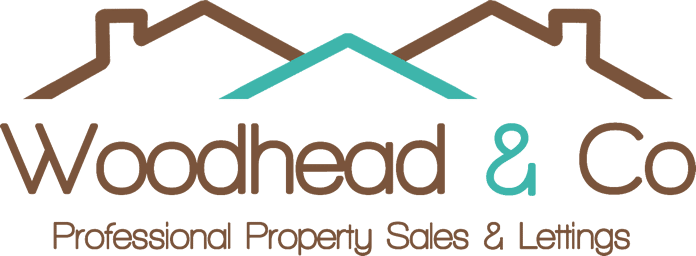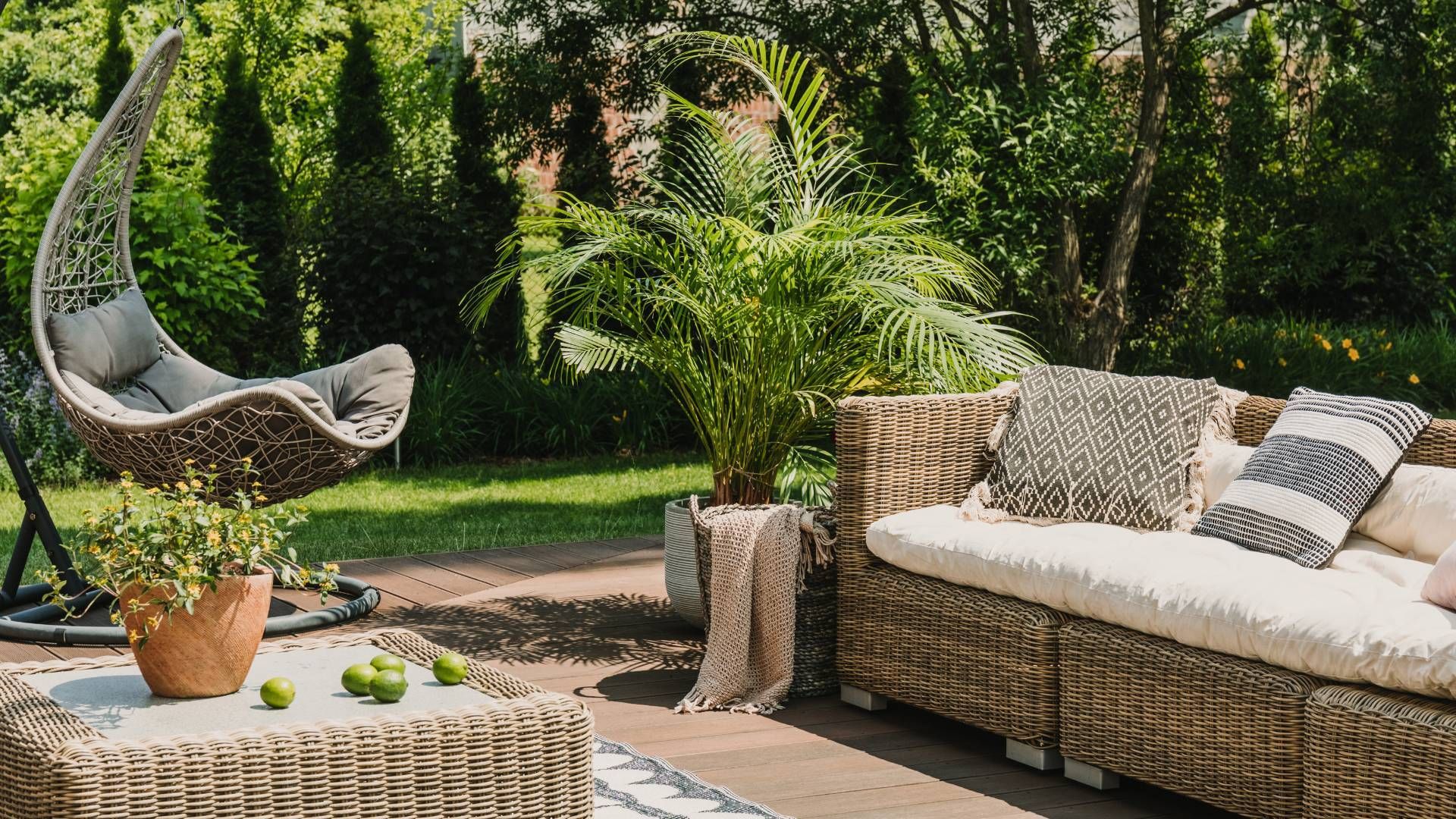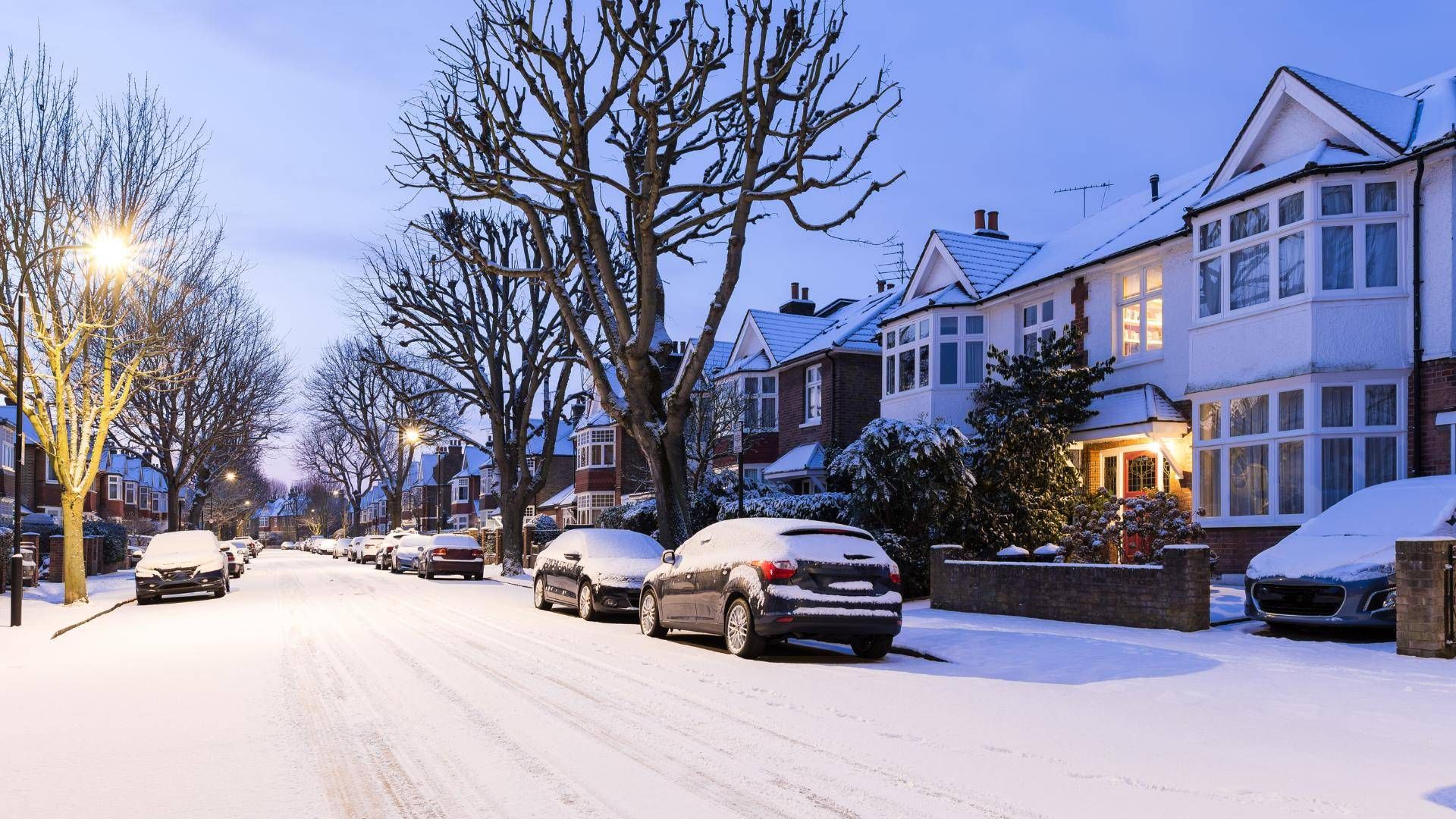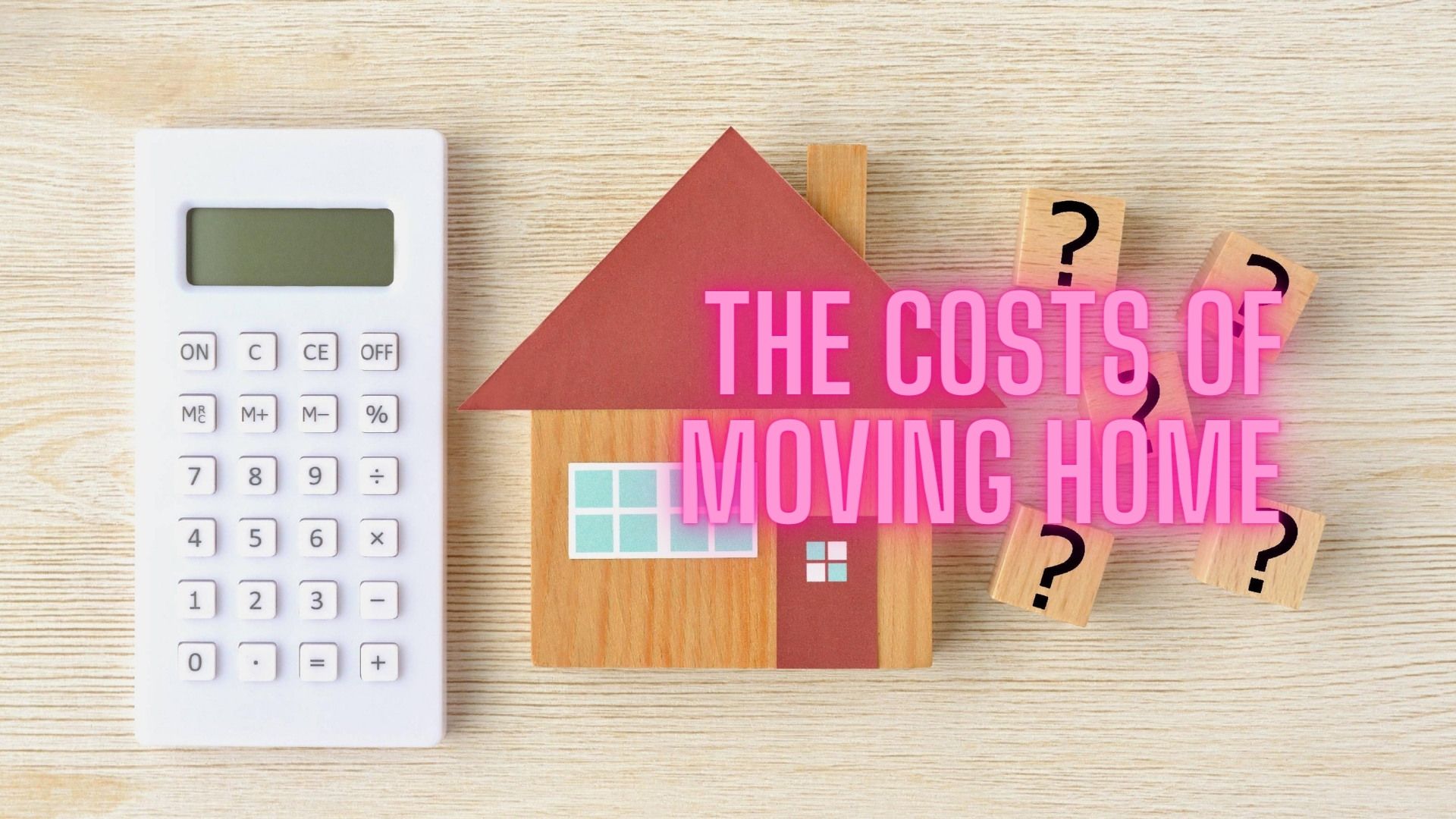
You’ve bought (or are looking to buy) your new home. It’s an exciting adventure and the opportunity for a fresh start, maybe even in a new town or city.
Making sure you have your ducks in a row can help you ensure your move goes as smoothly as possible. That last thing anyone needs are unexpected costs occurring at the last minute, so I will go through some of major costs you should consider when undertaking your journey
Stamp Duty
Stamp Duty (or Stamp Duty Land Tax to give it it’s full name) is the tax paid on any property purchase within a certain price range.
https://www.stampdutycalculator.org.uk/ is a useful tool to see what you will need to pay, but please check with your solicitor or agent for confirmation.
The Deposit
This should have been discussed with you during the mortgage application. If you are selling a property that has equity, this can be used towards the deposit of your new property.
Valuation Fee
This is usually a requirement of the mortgage lender so that they can ascertain the cost of your new home versus the amount they are lending. The fee charged can vary depending upon the size and value of your purchase.
Not all lenders charge for this or if they do, they may add it onto your mortgage, so you pay it off over time.
Surveyor’s Fee
This isn’t an absolutely necessary cost, but one that I strongly recommend.
There are three types of survey:
- Valuation Only – this is the minimum requirement of the lender
- Homebuyers Report – this (usually) includes the valuation but the surveyor will also give you a condition report and let you know if there is anything that requires further investigation
- Structural Survey – I always recommend this report. It a comprehensive or ‘full’ property survey which thoroughly examines the property’s condition.
Again, prices vary and depend upon the size of the property, however, if the surveyor finds a fault with the property, you can use this to negotiate down the buying price.
Legal Fees
Buying a property is a fairly complicated process and using a solicitor or licensed conveyancer is strongly recommended to avoid any legal pitfalls.
Fees usual range from around £850-£1,500.
They will also carry out local searches (to see if the council plans to build a motorway through your garden!) for around £250-300
Electronic Transfer Fee
This covers the cost of transferring funds from your mortgage lender to your solicitor. This can sometimes be done for free by sending a cheque through the post, but would you want to risk it being lost or arriving late for £40-50?
Estate Agent Fee’s
This is only paid for by the seller, so if you are selling a property before your move, you will be subject to this too. Fee’s generally range from 1-3% plus VAT of the sale price.
Removal Costs
Whether you are hiring a professional moving company, renting a van or getting your mate Dave to pitch in, prices could range from a couple of pints to several hundred pounds.
If using a removal company, ensure they are insured and ideally part of the Removals Ombudsman.
You may be covered for damages by your home insurance even if it’s your mate Dave giving you a hand.
Check with your local council to see if you can get a temporary permit for the van to park on your road (if required).
Mortgage Fees
As well as charging interest on the money they lend you to buy your new home, mortgage lenders charge you a fee for the pleasure!
These are dependant on the lender and usually based on the amount being borrowed. If possible, pay these fees upfront. If added to the mortgage and paid over time, it will be subject to the same interest rate as your mortgage.
Maintenance and Repairs
According to a recent survey, the average repair bill for people moving into a new home is £5,750.
Hopefully, this will have been highlighted by your surveyor and you will have been able to knock some money off the purchase price.
Insurance
If you are buying a house, the mortgage lender will insist that buildings insurance is in place before the sale is completed. This is to protect both you and them. Online comparison sites can give you some great deals.
If you are buying a flat this will usually be included in your service charge.
Ground Rent and Service Charges
These are charges for maintaining communal areas and insuring a block of flats for example. Usually it only applies to flats and apartments, though some houses are leasehold too and/or have shared gardens, roads or parking areas.
Council Tax and Other Utilities
In many cases, the vendor (if asked nicely!) will be happy to supply you with recent utility and council tax bills so you can get an idea of what costs you are likely to face. Knowing this will help you budget what could be a financially tight couple of months.
Storage Costs
You may find that your 12-seater Victorian dining table doesn’t fit in your new two bedroom flat, but don’t have the heart to part with it. Shop around for the best prices.
Cleaning
If you’re moving from a rental property you may want to get a cleaner in to ensure that you get the maximum amount of your deposit back. Even if you aren’t, it’s always nice to leave a clean property for the new inhabitants
Redirecting Your Mail
At time of writing, the Royal Mail service is around £35 for their six-month service, or £60 for twelve months. However, it is done by surname, so if there are people with different surnames you will have to pay for each one.
Redecoration
It’s inevitable you will want to put your own stamp on the property. And in all likelihood, it will likely need a little freshen-up from everyday wear and tear. Put a budget in place for paint, rollers, brushes, new carpets/carpet cleaning, etc.
What Utilities Are Available
If you really need broadband but there isn’t any, you may have to pay an additional cost for installation. The same goes for gas if there is no supply to the property and/or switching over to more modern meters.
New Furniture
Have a think about anything you’ll need to buy straight away, especially if you’re a first-time buyer. Settling into your new home is much easier when you have a comfortable place to sleep, eat and relax.
Other Costs
Costs that we wouldn’t usually associate with a new home can and do crop up. This could be paying for extra childcare, somewhere for the pets to stay, time off work or takeaways for a couple of days.
These costs can add up so best to think about them now so they aren’t a nasty surprise later on.You’ve bought (or are looking to buy) your new home. It’s an exciting adventure and the opportunity for a fresh start, maybe even in a new town or city.
Making sure you have your ducks in a row can help you ensure your move goes as smoothly as possible. That last thing anyone needs are unexpected costs occurring at the last minute, so I will go through some of major costs you should consider when undertaking your journey
Stamp Duty
Stamp Duty (or Stamp Duty Land Tax to give it it’s full name) is the tax paid on any property purchase within a certain price range.
https://www.stampdutycalculator.org.uk/ is a useful tool to see what you will need to pay, but please check with your solicitor or agent for confirmation.
The Deposit
This should have been discussed with you during the mortgage application. If you are selling a property that has equity, this can be used towards the deposit of your new property.
Valuation Fee
This is usually a requirement of the mortgage lender so that they can ascertain the cost of your new home versus the amount they are lending. The fee charged can vary depending upon the size and value of your purchase.
Not all lenders charge for this or if they do, they may add it onto your mortgage, so you pay it off over time.
Surveyor’s Fee
This isn’t an absolutely necessary cost, but one that I strongly recommend.
There are three types of survey:
- Valuation Only – this is the minimum requirement of the lender
- Homebuyers Report – this (usually) includes the valuation but the surveyor will also give you a condition report and let you know if there is anything that requires further investigation
- Structural Survey – I always recommend this report. It a comprehensive or ‘full’ property survey which thoroughly examines the property’s condition.
Again, prices vary and depend upon the size of the property, however, if the surveyor finds a fault with the property, you can use this to negotiate down the buying price.
Legal Fees
Buying a property is a fairly complicated process and using a solicitor or licensed conveyancer is strongly recommended to avoid any legal pitfalls.
Fees usual range from around £850-£1,500.
They will also carry out local searches (to see if the council plans to build a motorway through your garden!) for around £250-300
Electronic Transfer Fee
This covers the cost of transferring funds from your mortgage lender to your solicitor. This can sometimes be done for free by sending a cheque through the post, but would you want to risk it being lost or arriving late for £40-50?
Estate Agent Fee’s
This is only paid for by the seller, so if you are selling a property before your move, you will be subject to this too. Fee’s generally range from 1-3% plus VAT of the sale price.
Removal Costs
Whether you are hiring a professional moving company, renting a van or getting your mate Dave to pitch in, prices could range from a couple of pints to several hundred pounds.
If using a removal company, ensure they are insured and ideally part of the Removals Ombudsman.
You may be covered for damages by your home insurance even if it’s your mate Dave giving you a hand.
Check with your local council to see if you can get a temporary permit for the van to park on your road (if required).
Mortgage Fees
As well as charging interest on the money they lend you to buy your new home, mortgage lenders charge you a fee for the pleasure!
These are dependant on the lender and usually based on the amount being borrowed. If possible, pay these fees upfront. If added to the mortgage and paid over time, it will be subject to the same interest rate as your mortgage.
Maintenance and Repairs
According to a recent survey, the average repair bill for people moving into a new home is £5,750.
Hopefully, this will have been highlighted by your surveyor and you will have been able to knock some money off the purchase price.
Insurance
If you are buying a house, the mortgage lender will insist that buildings insurance is in place before the sale is completed. This is to protect both you and them. Online comparison sites can give you some great deals.
If you are buying a flat this will usually be included in your service charge.
Ground Rent and Service Charges
These are charges for maintaining communal areas and insuring a block of flats for example. Usually it only applies to flats and apartments, though some houses are leasehold too and/or have shared gardens, roads or parking areas.
Council Tax and Other Utilities
In many cases, the vendor (if asked nicely!) will be happy to supply you with recent utility and council tax bills so you can get an idea of what costs you are likely to face. Knowing this will help you budget what could be a financially tight couple of months.
Storage Costs
You may find that your 12-seater Victorian dining table doesn’t fit in your new two bedroom flat, but don’t have the heart to part with it. Shop around for the best prices.
Cleaning
If you’re moving from a rental property you may want to get a cleaner in to ensure that you get the maximum amount of your deposit back. Even if you aren’t, it’s always nice to leave a clean property for the new inhabitants
Redirecting Your Mail
At time of writing, the Royal Mail service is around £35 for their six-month service, or £60 for twelve months. However, it is done by surname, so if there are people with different surnames you will have to pay for each one.
Redecoration
It’s inevitable you will want to put your own stamp on the property. And in all likelihood, it will likely need a little freshen-up from everyday wear and tear. Put a budget in place for paint, rollers, brushes, new carpets/carpet cleaning, etc.
What Utilities Are Available
If you really need broadband but there isn’t any, you may have to pay an additional cost for installation. The same goes for gas if there is no supply to the property and/or switching over to more modern meters.
New Furniture
Have a think about anything you’ll need to buy straight away, especially if you’re a first-time buyer. Settling into your new home is much easier when you have a comfortable place to sleep, eat and relax.
Other Costs
Costs that we wouldn’t usually associate with a new home can and do crop up. This could be paying for extra childcare, somewhere for the pets to stay, time off work or takeaways for a couple of days.
These costs can add up so best to think about them now so they aren’t a nasty surprise later on.
Share this article
More Articles
Sign up for our newsletter
Subscribe to receive the latest property market information to your inbox, full of market knowledge and tips for your home.
You may unsubscribe at any time. See our Privacy Policy.
